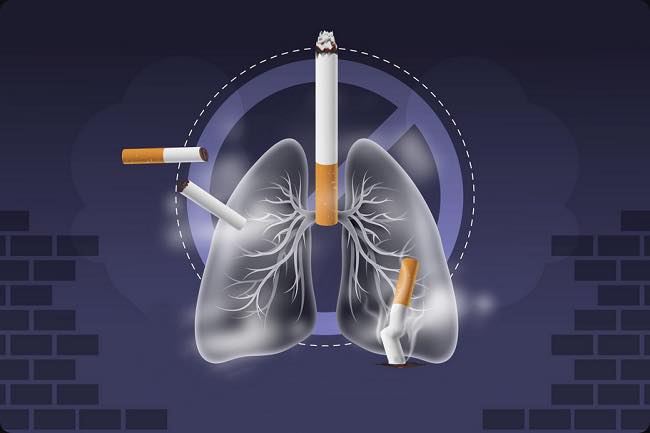Dr. Hüseyin Kami BÜYÜKÖZER
As a brother of yours who has reached the age of 88 and has striven to avoid such habits throughout his life, I remember my father, who I lost at 84 and suffered from chest problems throughout his life due to smoking. My brother-in-law, who lost his lower jaw to cancer because he refused to quit smoking, is a painful memory for me.
Today, due to foot problems, I have prayed Friday prayers in the front rows of the mosque throughout my life. For some time now, I have been praying Friday prayers in a wheelchair in the mosque courtyard, following the imam. Unfortunately, some of the congregation continues to smoke cigarettes they had previously lit at the entrance, waiting until they are almost finished praying. I am deeply saddened by the sight of many of my young brothers and sisters lighting up their cigarettes and heading out immediately after completing their obligatory prayers.
However, smoking is the primary cause of many respiratory diseases, including lung cancer, asthma, and chronic lung disease. Additionally, cardiovascular problems, gastrointestinal diseases, diabetes, hypertension, urinary tract problems, brain dysfunction, forgetfulness, glaucoma, and some skin conditions are more common in smokers than in non-smokers. Tobacco use can lead to reproductive system disorders in both men and women.
Smoking and tobacco use is a multifaceted global problem that has claimed the lives of more than 10 million people each year, at least until their deaths, burdens national economies, and harms our environment. Farmers and tobacco consumers are the losers in the tobacco economy and face health risks.
Children and adolescents are particularly at risk from the use of these products. Because brain development continues until the mid-20s, early use of these products negatively impacts brain development.
Smoking and nicotine addiction are treatable health problems. While nicotine addiction has social and behavioral aspects, it also involves physiological dependence. This dependence can be treated by professionals.
Quitting smoking requires a change in thinking first, then in behavior. Not every quit attempt will be successful. The success of quitting attempts varies from person to person. It is crucial to seek professional help in this regard.


